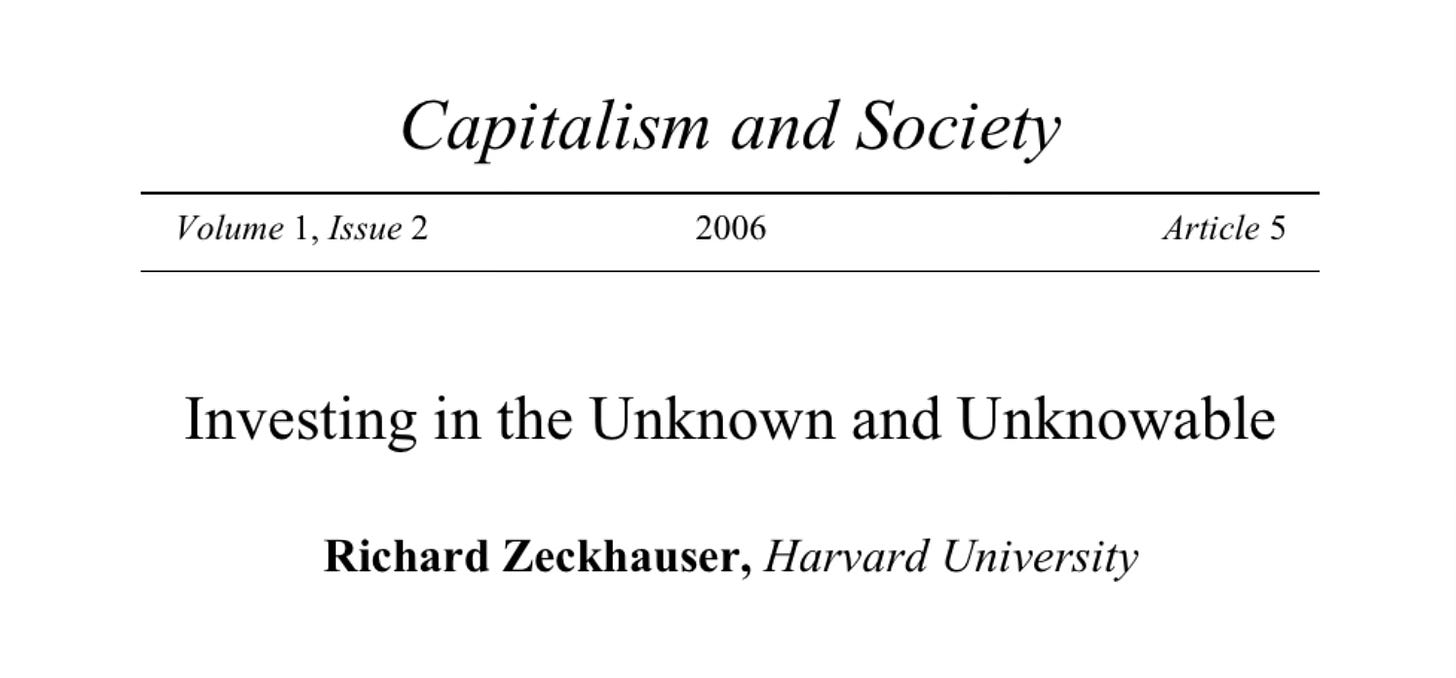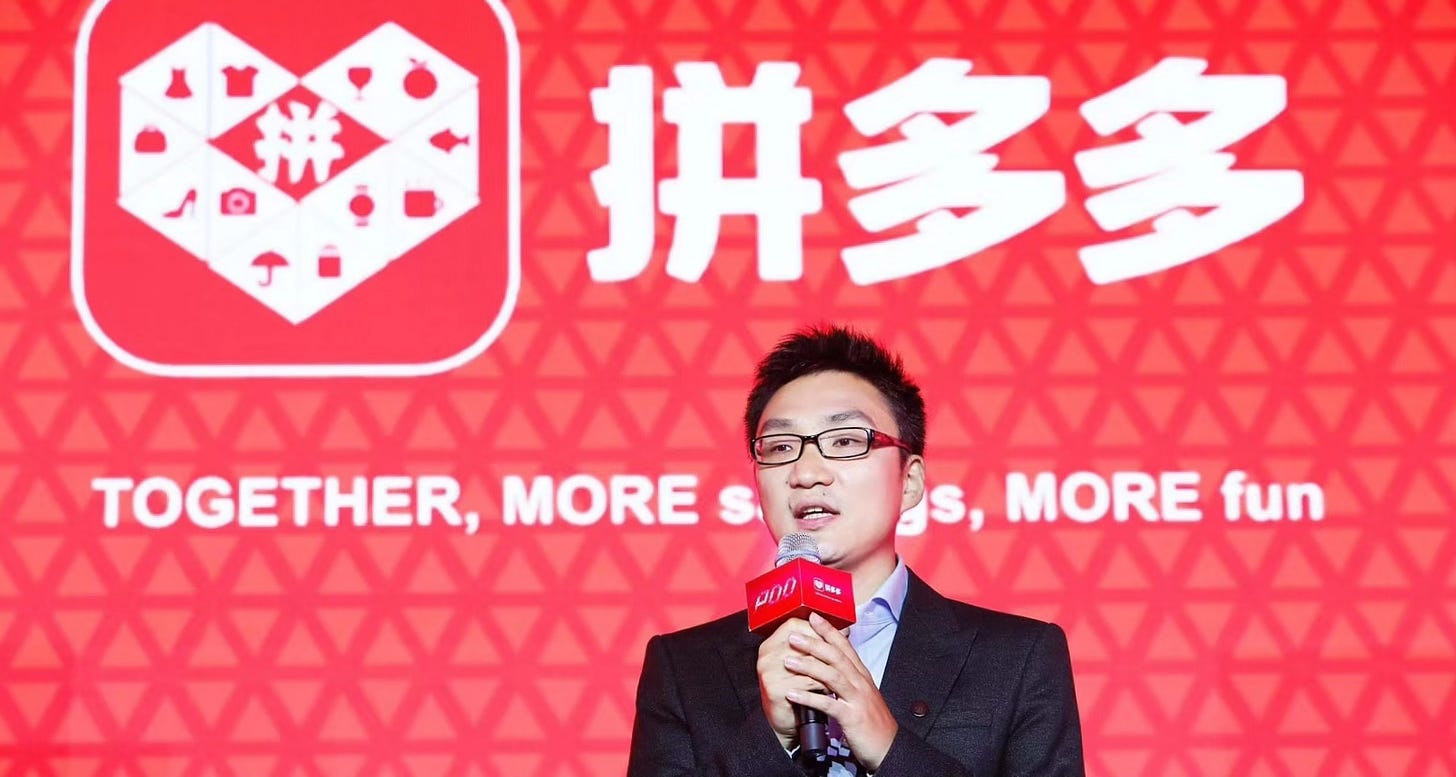Pinduoduo’s Q1 2024 earnings report raised eyebrows with a 100% increase in revenue and over 200% growth in earnings. Some critics quickly labeled these results as fraud, claiming such performance is impossible. Here, I’ll share my experience, insights about Pinduoduo, and my perspective on this situation.
Pinduoduo: The Underdog
Pinduoduo is a late entrant in the Chinese e-commerce market, dominated by giants like Alibaba and Jingdong (JD). Now, they face similar challenges as they expand into other markets, competing with Amazon and other established e-commerce players. Being the underdog in e-commerce, a sector typically dominated by one or two platforms, requires a significant level of strategic secrecy.
This necessity for secrecy is often misinterpreted as a lack of transparency. Pinduoduo’s earnings reports and calls are notoriously sparse on details, making investors uneasy and leading to suspicions of fraudulent activities. However, I believe this interpretation is not entirely justified. Transparency is a double-edged sword, and while some level of openness is beneficial, too much can be detrimental, particularly in highly competitive industries.
Transparency: A Double-Edged Sword
Many companies maintain a degree of secrecy to protect their competitive advantage. For example, Amazon did not disclose its plans for Amazon Web Services (AWS) until it had already established a substantial lead in the market and could no longer keep it a secret. Even companies with stable brands and competitive advantages, like Coca-Cola, are not fully transparent. Coca-Cola, despite its dominant market position, would never disclose its recipe or all its marketing plans. This kind of strategic opacity is crucial as transparency can sometimes give investors a false sense of security without providing a complete picture.
Consider Warren Buffett’s Berkshire Hathaway. Despite being lauded for transparency, they do not hold quarterly earnings calls, and the performance of their various subsidiaries remains opaque. Recently, Warren Buffett purchased a new insurance company (Chubb Limited) but requested that the SEC allow him to delay disclosing its filings for several quarters. This decision effectively kept investors in the dark about the specifics of the investment. Contrary to popular belief, Buffett’s approach is not characterized by full transparency.
In fact, I previously wrote (see the article) about his highly competitive nature, which I admire. Buffett often speaks in broad terms about his investment philosophy, using concepts like moats, circle of competence, competitive advantage, and good management. These terms are so general that they provide little practical insight for everyday investors. The detailed metrics and methods he uses to pick stocks were only recently disclosed by Todd Combs, one of his investment managers. Buffett’s selective transparency is a strategic choice to maintain his competitive edge, a tactic that is common among many companies.
My Personal Experience with Pinduoduo
Pinduoduo won me over with their exceptional customer service, far superior to JD’s. Their customer-first policy is evident in every interaction. JD’s customer service falls short in comparison, which is why I avoid using JD whenever possible. I use Pinduoduo’s products frequently and can confirm that their Chinese business is legitimate. I have even received products from Temu while abroad.
When it comes to verifying Pinduoduo’s revenue and earnings numbers, your guess is as good as mine. In such situations, I prefer to rely on the sidecar investing philosophy outlined by Richard Zeckhauser, which I have also written about in a Substack article. People often overvalue their own information and distrust external sources. However, in this case, it is more prudent to trust those with deeper insights and direct knowledge of the situation.
Let me add a personal note. As a mathematician, I have a tendency to be very lazy. In fact, every good mathematician I know is lazy. Mathematicians are unique in that we can become famous for doing something that is already known, provided we can do it in a more elegant, efficient, or smart way. That’s my nature. I conducted extensive research on Pinduoduo, talking to merchants, checking their software, suppliers, logistics, and other aspects. I frequently talk to clients and ask everyone I know which e-commerce platform they use in China. You can do all that, or you can be lazy and simply look at what Tencent is doing. This approach might not only save you time but also improve your returns, as Tencent’s knowledge will always be far greater than what any single person can know about the situation. Never underestimate the power of being lazy.
Looking at what Tencent does
Tencent owns over 15% of Pinduoduo and holds a seat on its board. Most transactions on Pinduoduo are processed through WeChat Pay, giving Tencent comprehensive access to all payment information. This makes them far better informed about the company’s operations than any external observers. Despite distributing their shares in Meituan and JD, Tencent continues to hold onto their Pinduoduo shares. While they haven’t explicitly stated their reasons, it suggests they have confidence in Pinduoduo’s prospects. Their continued investment implies a positive outlook, and I trust their judgment. If Tencent starts selling their shares, I would be concerned. Until then, their actions serve as a reliable indicator for me.
Zeckhauser’s Philosophy and Market Reactions
This situation exemplifies a sidecar investment, where a significantly better-informed player is involved. Despite Pinduoduo reporting a doubling of earnings, the share price remained unchanged. This behavior aligns with Zeckhauser’s observation that when investors suspect fraud, their reactions become irrational.
Consider Multiple Perspectives: A Look at Financial Times’ Investigation on Pinduoduo
I may be biased, so I encourage you to consider a recent investigation by the Financial Times on Pinduoduo, which raises several valid points. You can find the detailed analysis in their YouTube video linked here.
My main criticism is that they don’t fully grasp the cultural context. For example, they mention that Colin Huang is not officially listed as the owner of Pinduoduo, which sounds very suspicious to someone like me, who was born in Europe and lived for some time in the USA. In China, however, this is common practice. I know many respectable individuals who operate this way, and I do the same with my companies in China. The key takeaway is that what may seem suspicious in one cultural context could be standard practice in another. Understanding these nuances is crucial.
Summary:
In summary, Pinduoduo’s status as a latecomer in the market has necessitated a high level of secrecy to effectively compete with well-established players. This secrecy often leads to confusion and fear among investors, who equate it with a lack of transparency and, given that it’s a Chinese tech company, potential fraud. However, I prefer to rely on the insights of more knowledgeable entities, like Tencent, which has a significant stake and better access to Pinduoduo’s data. If Tencent starts selling their shares, I would be concerned. Until then, I trust their judgment over speculative concerns.
Form Your Own Opinion: My Approach to Evaluating Pinduoduo
Of course, I could be completely wrong here, and it’s essential that you form your own opinion and thoroughly evaluate the situation. Conduct your own due diligence. My intention with this comment is to share my perspective and how I approach and think about this situation.







How are you thinking about competition? Dispite PDD brung structurally cheaper, do some quick searches and you will see Taobao undercutting them across a shit ton of different SKUs. Taobao has the money to fight this out over the long haul.
I wrote in more specific detail about ordering from Temu - they definitely need to improve their packaging (had one item arrive damage - see my pics) BUT I just placed another order for them - including an $20 egg steamer for my parents that I hope arrives in one piece:
Can Temu Take on Amazon.com & the Rest of the World?
Amazon may regret giving up the “sinking markets” (less than $40 orders) to the Chinese; what's wrong with US Big Tech; & my experience ordering from Temu, Amazon, Sea Limited's Shoppe & Lazada.
https://emergingmarketskeptic.substack.com/p/can-temu-take-on-amazon-and-the-rest-of-world